Dear Friends,
Welcome to July’s Substack.
I hope you’ll enjoy this month’s blog In Search of Kindness. The audio version is available by clicking the link in the blog or clicking the link here for all podcasts. https://joanneleedomackerman.substack.com/podcast
Book News shares new awards, interviews, podcasts and information on my novels and notes that the recent paperback publication of The Far Side of the Desert.
The Writers at Risk section focuses on the continued imprisonment of Chinese writer and former lawyer Zhang Zhan, the first citizen journalist to report on the tragedies of the pandemic out of Wuhan, China.
The Books to Check Out section profiles a compelling new novel Don’t Forget Me, Little Bessie by James Lee Burke and an upcoming engaging thriller Sheepdogs by Elliot Ackerman.
In the Scene section you’ll find a photo, along with text from Burning Distance, and in Words of the Month a couple of words you may not use but might like to know.
I enjoyed the stimulating gathering of writers at ThrillerFest in June, meeting friends and new readers. Thank you to everyone who has come to bookstores, libraries, book clubs and online for my latest novels Burning Distance and The Far Side of the Desert. Word of mouth is still what sells books and connects them to readers.
If you’re interested in having me speak at a venue or with a book club, click here. Thank you too for reading and sharing this free monthly Substack On the Yellow Brick Road. I hope you’ll stay in touch!
In Search of Kindness
Nobel physicist Albert Einstein advised: “We cannot solve our problems with the same thinking that created them.” He urged a new way of thinking.
I’ve taken this observation as a guide, a touchstone of thought and problem-solving, be the issue personal, political or cosmic. Often the first instinct is to get pulled into a problem and begin wrestling within its borders to find an answer. In the political sphere when intolerance and cruelty appear to govern policy and actions, it is challenging not to react with condemnation and anger even if the actions aren’t directed at me or mine.
I grew up in the South, in Texas and spent younger years arguing civil rights with friends and family, upset by the intolerance and injustices I saw and read about. Eventually, I left Texas and studied and got to see a larger world. I read and learned history. I also learned to look into the heart and not just the politics of people.
One essay I studied was Martin Luther King’s “Letter from a Birmingham Jail” in which King declares:
“Any law that uplifts human personality is just. Any law that degrades human personality is unjust…Injustice anywhere is a threat to justice everywhere. We are caught in an inescapable network of mutuality, tied in a single garment of destiny. Whatever affects one directly, affects all indirectly…And Thomas Jefferson: ‘We hold these truths to be self evident, that all men are created equal…’ Let us all hope that the dark clouds of racial prejudice will soon pass away and the deep fog of misunderstanding will be lifted from our fear drenched communities, and in some not too distant tomorrow the radiant stars of love and brotherhood will shine over our great nation with all their scintillating beauty.”
These words still echo. Jefferson’s declaration that “all men are created equal” didn’t specify race or religion or even nationality (and now is assured to include women). The words set out a universal truth that was later echoed in such documents as the Universal Declaration of Human Rights which the world is still trying to live up to, including those 48 nations which originally signed it.
To that end one can perhaps start with kindness.
At the core and in the DNA of America is a commitment to individual freedom and liberty and to generosity. When policy violates this, I don’t think it will stand, at least in the long run.
My domain is words and of course my own deeds, and so day by day I am committed to and in search of kindness.
I’m honored that The Far Side of the Desert (Oceanview Publishing) was recently named as a finalist in the Suspense category for the 2025 National Indie Excellence Awards. The novel was also awarded the 2025 Bronze medal in the Suspense/Thriller category by the Independent Publishers Association (IPPY) Book Awards.
Published in 2024, The Far Side of the Desert was released in paperback April, 2025. I hope you’ll order, read and enjoy. If you’ve already read the hardcover, I hope you’ll buy the paperback and give to friends!
Thank you to Bianca Vandenbos for featuring her interview with me in her “Writing 101 A Day in the Life” author Q&A series.
“The Far Side of the Desert is a riveting thriller with richly nuanced characters and fast-paced action. The plot imaginatively taps into recent history to illustrate the human dimensions of terrorism—both the complex psyche of the perpetrators and the gnawing questions among those sucked into their vortex. I binged until the end.”
—Robin Wright, author of Rock the Casbah: Rage and Rebellion across the Islamic World
Burning Distance is currently available for summer reading in ebook format for only $1.99 through July. You can purchase from any ebook seller online through July 31.
Burning Distance (Oceanview Publishing, 2023 and paperback in 2024) was honored by the 2024 American Book Fest International Book Awards as a Finalist in the Best Mystery/Suspense and Thriller/Adventure categories.
“Burning Distance is a double helix of a book, carefully plotted and beautifully told. It’s a spy story interwoven with a love story, and the strands fit together in a way that moves the reader effortlessly from chapter to chapter. While fiction, its narrative of the CIA and the Middle East arms trade are very close to fact. Joanne Leedom-Ackerman observes the world of American spies and Arab fixers through the eyes of a young woman who keeps asking questions about her mysterious past until she gets all the revelatory answers. A subtle and satisfying novel.”
—David Ignatius, author of The Director, The Phantom Orbit, New York Times best-selling author, Washington Post columnist and novelist
Selected recordings of past events and interviews:
Strategies for Living Podcast: Finding Resilience Through Story
Interview with Janeane Bernstein on NPR’s KUCI, Get the Funk Out!
Book Launch for Akram Aylisli's People and Trees with Plamen Press
Why Baldwin Matters Series, The Alan Cheuse International Writers Center
Malaprop’s Bookstore and Café in Asheville, NC
Kinokuniya Bookstore in New York City with Salil Tripathi
Baum on Books on WSHU Public Radio
Interview with Anna Roins of Authorlink
Interview with Deborah Kalb
For more podcasts, videos and interviews, click here

Zhang Zhan (China)
(Sources include PEN International, American PEN, Amnesty International, Reporters Sans Frontier, Radio Free Asia)
Five years after the outbreak of the COVID-19 pandemic, Chinese writer and former lawyer Zhang Zhan remains in prison on the charge of "picking quarrels and provoking trouble.”
In early 2020 Zhang traveled to Wuhan where the outbreak of the coronavirus occurred. She was one of the first citizen journalists to report on the initial stages of the pandemic. (Citizen journalists are the only source of uncensored information in China because they work independently of the state-controlled media.)
Zhang Zhan accused the government of covering up the number of deaths "in the name of maintaining stability" and of "coercively and violently ordering and depriving people of their basic human and property rights" through the imposed lockdown.
Zhang recorded over 100 videos documenting overflowing hospitals, empty shops, and families of victims being harassed by the authorities. She showed crematoria in the city operating day and night while state media claimed the pandemic was under control. She shared these videos via her YouTube, WeChat and Twitter accounts,
One video showed Zhang visiting the police station where Li Wenliang, the Chinese doctor in Wuhan who’d been detained for warning his colleagues about Covid-19, was trying to obtain information about his case. He later died. In another essay she noted that those who lost loved ones in the pandemic were not being allowed to mourn.
In the indictment Zhang Zhan was also charged with accepting interviews from foreign media outlets such as Radio Free Asia and the Epoch Times which "maliciously hype[d] up the situation in Wuhan, reaching a wide audience and causing a negative impact."
Zhang went missing and was imprisoned in the Pudong Detention Center in May 2020 without charge until November. At her trial, held between Christmas and New Year before a Shanghai court, supporters, foreign journalists, and a British diplomat were blocked from attending. The trial lasted less than three hours. Zhang was given a four-year prison term and was the first citizen journalist sentenced for reporting the pandemic in China. At least ten others were subsequently sentenced.
According to Amnesty International, Zhang, who had gone on hunger strike, was tortured for three months before sentencing, kept shackled in handcuffs 24 hours a day and force-fed through a tube. Zhang said her hunger strike was to protest against the curtailment of freedom of speech in China,
Earlier in 2019 Zhang had also been detained after holding up an umbrella inscribed with the slogan, "End socialism, Communist Party down" on Nanjing Road and People's Square in Shanghai in support of protesters. During her 2019 detention she also went on a hunger strike twice. This earlier detention was deemed arbitrary under international human rights law by the UN's Working Group on Arbitrary Detention in a 2021 opinion. In a letter to the Chinese government, nine UN Special Procedures mandates raised concerns about the repression against Zhang Zhan, as well as 17 other human rights defenders.
Zhang Zhan served her four-year sentence and was released in 2024, but after only three months of freedom, she was again detained in August 2024 while traveling to her hometown in northwest China. During this period she traveled to help detained pro-democracy activist Zhang Pancheng and continued to report on social media about the harassment of activists in China.
The date of her new trial is still unknown. She remains detained in the Pudong Detention Center in Shanghai and faces up to 5 years additional time in prison if convicted. She has also continued a hunger strike and fears mount about the state of her health. Despite widespread calls from the international community for her release, Zhang Zhan remains in prison.
“Zhang Zhan should be praised as an information hero after she alerted the global community about the deadly COVID-19. Instead, she is once again being repressed by the Chinese regime and fighting for her survival in prison. Now, after four years of being wrongly imprisoned, she may not make it through her second incarceration. It is more urgent than ever for the international diplomatic community to pressure Beijing for her immediate release,” insists Antoine Bernard, Director of Advocacy and Assistance for Reporters Sans Frontiers.
Zhang Zhan is laureate of the 2021 RSF Press Freedom Award and has been acknowledged worldwide by human rights organizations.
According to human rights organizations and United Nations officials, Zhang Zhan has committed no internationally recognizable offence but has been subjected to harsh punishment for reporting on facts and exercising her right to freedom of expression.
To Take Action for Zhang Zhan:
Urge the Chinese government to:
Immediately and unconditionally release Zhang Zhan and put an end to all acts of harassment towards her.
Guarantee Zhang Zhan’s safety, psychological well-being and access to adequate and independent care.
Allow her unhindered access to her family members and lawyer of her choosing.
Send Appeals to:
His Excellency Xi Jinping
President of the People’s Republic of China
State Council
Beijing 100032
P.R. China
Fax: +86 10 6238 1025
Salutation: Your Excellency
Please send your letters via the Embassy of the People’s Republic of China in your country. Addresses could be found here.
An attack on a writer, the shutting down of a publishing house, the torching of a newspaper reduce the space in the world where ideas can flow. Freedom of expression is vital to writers and to readers but is challenged daily around the world. Listed here are organizations whose work on human rights and in particular issues of freedom of expression I’ve been engaged with directly and indirectly over the years. Some of the organizations have broader agendas, but all have contributed to keeping space open for the individual voice.
PEN International (with its 147 centers in over 100 countries)
PEN American Center
English PEN
PEN/Faulkner Foundation
Human Rights Watch
Amnesty International
Amnesty International USA
International Freedom of Expression Exchange (IFEX)
Committee to Protect Journalists (CPJ)
Article 19
Index on Censorship
Poets and Writers
Authors Guild
International Center for Journalists
Two special novels for the summer and beyond: James Lee Burke’s Don’t Forget Me, Little Bessie, which published in June and Elliot Ackerman’s upcoming Sheepdogs, due out August 5.
I came to read James Lee Burke late in his career and mine in part because of my own limited reading which didn’t include many mysteries, thrillers, or crime novels. And then I found myself being published as an international political thriller writer—Burning Distance and The Far Side of the Desert—and I began reading much more widely in those genres, discovering the excellent writers I had missed. Leading that list is James Lee Burke, whose lyrical language and storytelling matches writers in any form. He’s also from Texas as am I. (Disclosure, we’re represented by the same literary agency where I first came to know his work.)
Elliot Ackerman I’ve known his whole life. (Disclosure, he’s my son.) But now as a recognized and respected writer, he continually impresses me with his breadth of knowledge and his story-telling talent. To allow some arms-length objectivity in the summary of Sheepdogs, I’m quoting below from already published text by others about the book. Rights for the novel have been acquired for television by Tom Hanks’ Playtone Productions and Apple TV so it is also headed to the screen.
The 14-year-old Bessie Holland who narrates James Lee Burke’s new novel Don’t Forget Me, Little Bessie announces herself with the honest, straight-talking charm, wisdom and confidence of the best of youthful narrators—a loner, an outsider, but optimistic, a clear-eyed Holden Caulfield of pre-World War I Texas that is on the cusp of the new century. A World War, the discovery of oil, post-slavery Jim Crow turning into a civil rights movement, women claiming their own voice—the changing world of the twentieth century shimmers in the background and in the foreground of this “whammeroo” story.
Bessie is the daughter of famed Texas Ranger Hackberry Holland, featured in several of Burke’s novels as well as related to Texas attorney Billy Bob Holland and Weldon Avery Holland. I haven’t read the full family tree, but the voice of Bessie celebrates the best, according to Burke—the grit, integrity and plain stubbornness of the family and the land she grew up in. The story is filled with intrigue and conflict befitting the times, with complex, evil villains, conflicted heros and one almost-spirit. Bessie’s journey includes an excursion to New York City which widens her perspective and friends and hones her character and determination.
“The Hollands are back, and none of them could be better to introduce a new reader to this pioneer family,” says Burke in his Acknowledgements. “She’s a grand person, intelligent and kind, beautiful in spirit and body, and able to hide her heart lest it be shattered.
“I’m old. But I’m glad I’m old. I remember Pearl Harbor and how cold and dark it was at my grandfather’s desiccated house, the wind blowing, a small fire in the cookstove. In that part of Texas, the Dust Bowl had never gone away. The sky was hung with soot, the cotton killed by drought, the corn stalks feathering by dust devils so sharp they could stick a pin in you. Even though I was very little, I knew one day I would write a story about this place and the people who lived in it, and the kerosene lamps that burned inside their shacks, and the coldness that had actually shrunk the stars.
“The people who were there are not gone. They are still there because we are. That’s why I have always felt that art is collective in its creativeness and its making.”
If you haven’t yet read James Lee Burke, start here, and then feel fortunate that there are 45 more books to enjoy and several movies. Burke has been awarded many honors including the Mystery Writers of America Grand Master Award, an Edgar award, a Diamond Dagger from Britain’s Crime Writers’ Association and nomination for the Pulitzer Prize in Fiction.
From Don’t Forget Me, Little Bessie:
The first time I saw a spirit, I was fourteen years old, going down the furrow behind a single-tree plow and a mule named Lancelot, the baked ground folding over the point of the plowshare, my dress little more than cheesecloth, blowing in the dust and wrapping around my thighs, with nothing more than lonely thoughts in my head.
The colored lady who pulled me out of the womb was named Aint Minnie and said she knew I was special as soon as my eyes popped open. She said I had a haint and directly I would see the Other World. Now I knew what she meant.
The spirit had a face the shape of an ax, and was leaning against a pine trunk, paring his nails with a penknife, the way soldiers leaned against street lamps in town. He had greasy bronze hair that was combed up in a pompadour, and never lifted his eyes. “Come talk to me, little girl,” he said….
“You’d better git before my father comes out,” I said.
“That surrey tied up at your veranda is owned by a certain woman who don’t spend a lot of time at church. I think your daddy has his hands full right now, if you get my meaning.”
“No, I do not get your meaning.”
The spirit, if that’s what he was, folded his penknife against his palm and placed it in his pocket. Then he lifted up his face and let his eyes crawl all over my body. My skin was cold and pale as last week’s milk. He walked toward me, his teeth showing at the corner of his mouth, like his jawbone was broken. The sky was stacked with black clouds, towering all the way to the heavens, crackling with electricity. With no warning, the spirit reached out to touch me. I had never been so afraid. I stepped backwards and almost fell down.
“You got hair like cotton candy, except a lot thicker and not sticky,” he said, lowering his hand. “Are you part albino? You’re mighty pretty. Walk me up to your house.”
“That is the most obnoxious thing I have ever heard a human being say. Walk your own self.”
He turned his back and began heading toward the paintless, two-story Victorian home in which I was born, now inhabited by only my brother Cody and me and a father who I loved but who in turn did not love me.
I did not know what to do with this spirit. So I wrapped the reins on the plow’s handle and leaned it in the furrow and followed him to the house. He looked back at me, his expression playful. “What’s your name, little thing?” he asked.
“Little thing?”
“I didn’t mean no offense.”
“Bessie Holland, if it’s any of your business,” I replied.
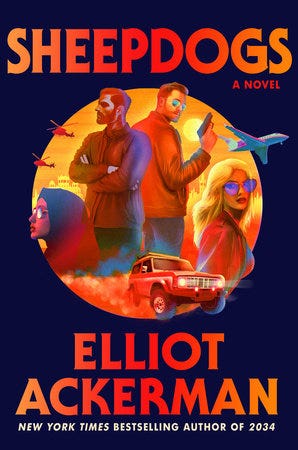
Sharing here published description and an early review of Elliot’s Sheepdogs:
“Two Misfits. One Mission. Zero Back-Up. • When a high-stakes heist goes wrong, an ex-CIA operative and a special operations pilot find themselves in the middle of a game of espionage and survival as they navigate a treacherous web of deception and shifting loyalties in a globe-spanning, action-packed thriller from the New York Times bestselling author of 2034.
Skwerl and Cheese are down on their luck and about to find themselves tangled in the heist of their lives. Skwerl, once an elite member of the CIA’s paramilitary unit, was cast out after a raid gone wrong in Afghanistan. Big Cheese Aziz, a former Afghan pilot of legendary skill, now works the graveyard shift at a gas station.
Recruited into a shadowy network of “sheepdogs,” they embark on a mission to repossess a multi-million-dollar private jet stranded on a remote African airfield. But as they wind through a labyrinth of lies and hidden agendas, they discover that nothing is as it seems. Their contact vanishes, their handler’s motives are suspect, and the true source of their payday remains a mystery.
With the stakes skyrocketing and the women in their lives drawn into the fray, this unlikely spy duo find themselves deep in the underbelly of modern war and intelligence.
From the jungles of Kampala to the glitz of Marseille, they’ll need to be as cunning as they are bold to survive in a game where the line between the hunters and the hunted is razor-thin.”
A Publishers Weekly starred review notes: “International intrigue, classic heist tropes, and gonzo humor collide in this bruising page-turner…the result is a riotous entertainment.”
From Sheepdogs:
“May I ask, sister, who hired your husband to repossess this jet?”
“Someone called Sheepdog.”
“Sheepdog…” Ali Safi made a slight smacking sound with his mouth, as if he needed a sip of water to rinse out an unpleasant taste. “That’s an odd name?”
The night after Skwerl had appeared in Fareeda’s apartment with the prospect of quick money, she had asked her husband about the meaning of their unseen partner’s name. She now offered Ali Safi that explanation. “There are three types of people in this world,” Fareeda began haltingly, floating her gaze up toward the ceiling. “Sheep, wolves, and sheepdogs. Those who believe that evil doesn’t exist in this world to threaten them are the sheep. When that evil arrives, they are the ones unprepared to protect themselves and loved ones. Then there are those who use violence to prey on the weak. These are the wolves, predators who steal and murder. But then there are those who, like the wolves, also understand violence, except they use that understanding to protect others. These are the sheepdogs.”
“And this Sheepdog, who protects his flock of sheep from the evil wolves, he does this by having your husband steal—sorry repossess—luxury jets?”
“You’re making fun of me.”
“No,” said Ali Safi. “I’m making fun of a person who thinks they are a sheepdog.”
Sharing here image and passage of text from Burning Distance:
Dennis stared out at the lacy pink and white flowers that formed a crown in front of the dome of the monument. “It’s rather spectacular here, isn’t it? Your Thomas Jefferson was a remarkable man, I guess.” He looked over at me as if waiting for my judgment, though it wasn’t clear what he wanted me to judge.
“Are you telling me everything?” I asked.
He smiled again, his more familiar ironic smile that held the world at a distance…
As Dennis talked, he continued looking at the water rather than at me…
“Be careful,” I said.
(Over the years I’ve accumulated a running list of words I haven’t known from two main sources: WordDaily and WordGenius)
Gemütlich
[ guh-moot-lik ]
Part of speech: adjective
1. comfortable and pleasant
Examples:
“Jane had a way of making people feel gemütlich, even those guests who weren’t originally thrilled to go to the party.”
“The flickering lanterns along the cobblestone lanes gave the village its gemütlich atmosphere.”
Obsidian
[uhb-sid-ee-uhn]
Part of speech: noun
1. a hard, dark, glasslike volcanic rock formed by the rapid solidification of lava without crystallization.
Examples:
“The shards, or clasts, have a glassy luster, making them look a lot like obsidian. “
“And it comes in four newly named colors: obsidian, porcelain, bay and aloe.”
I’ve spoken at bookstores, university classes, book luncheons and in-person and zoom book clubs and look forward to more ahead. I enjoy giving readings and addressing audiences in many venues and moderating discussions on a wide range of topics and most of all meeting readers.
Click here for a list of future and past public events.
Or fill out the speaking request form to schedule an event.
I like engaging with readers so if you are in a Reading Group or Book Club and read one of my books, I’m glad to be in touch by email, zoom, or when possible in person. I can also suggest discussion topics.
Fill out the reading group form here to schedule a meeting.







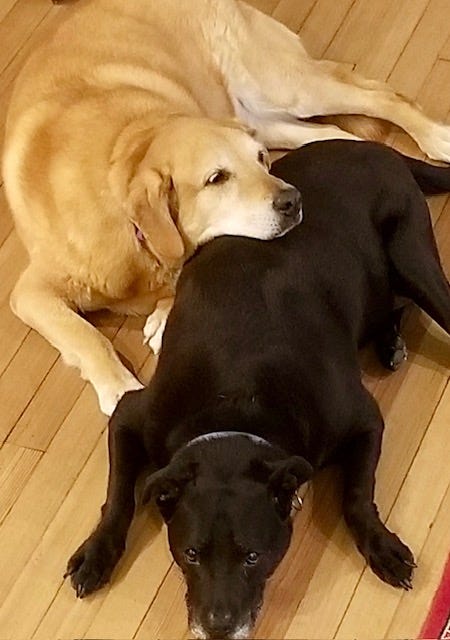

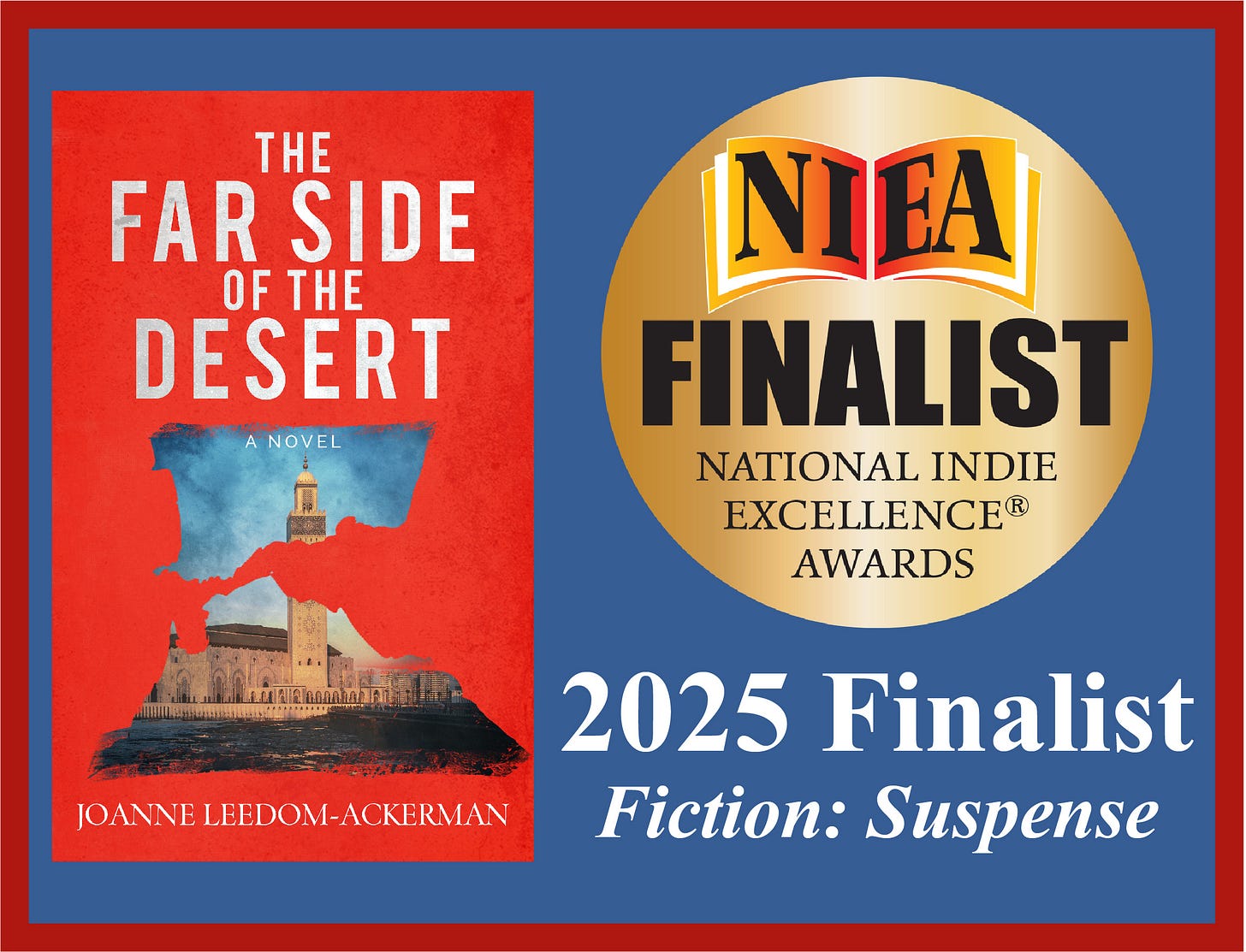


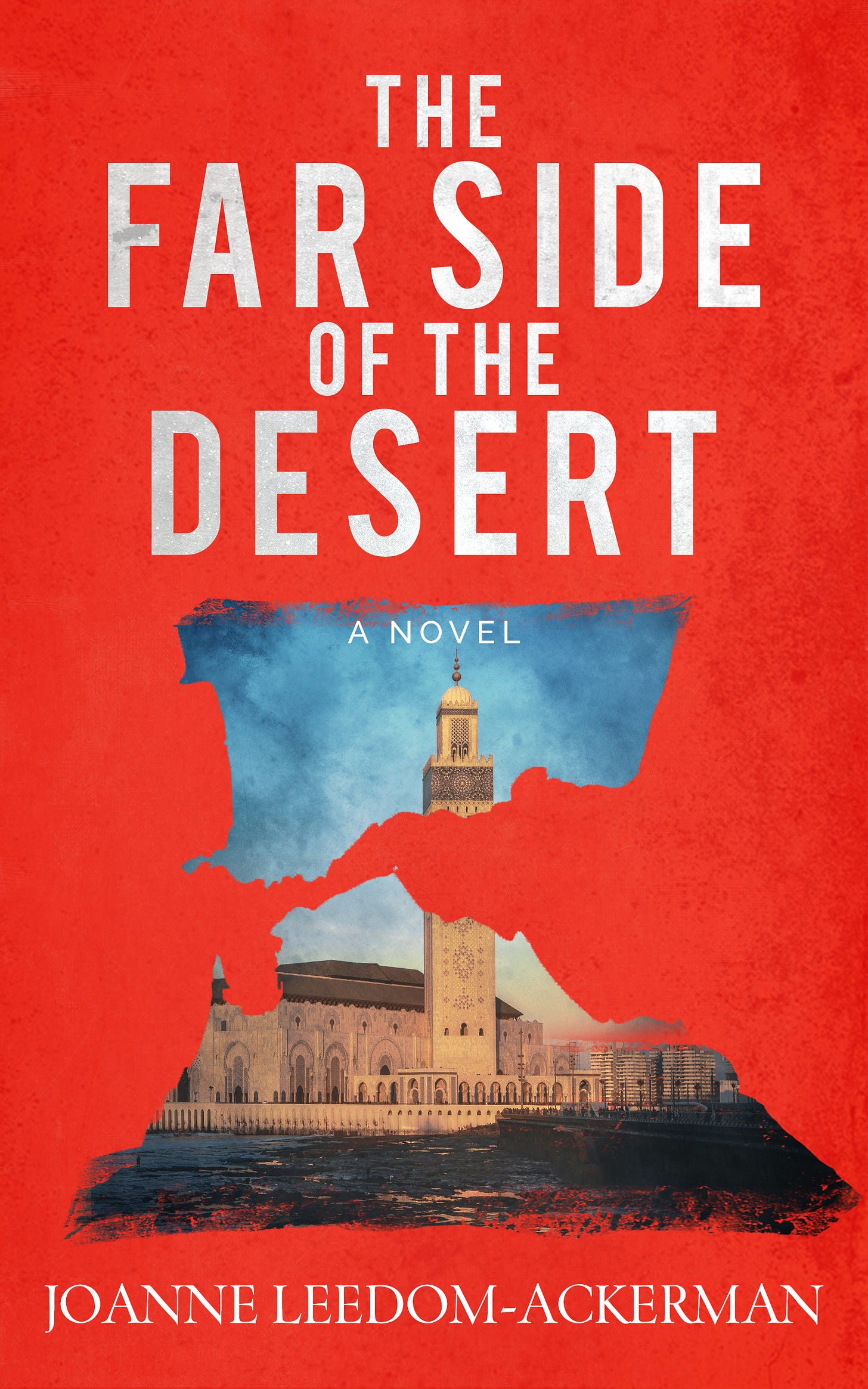





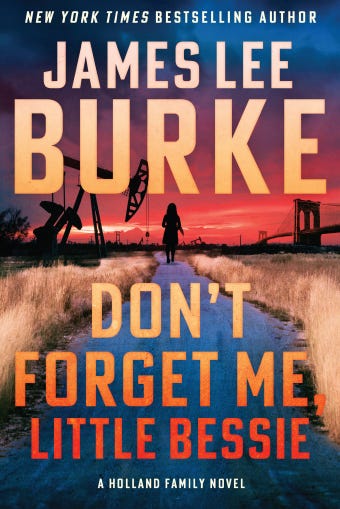




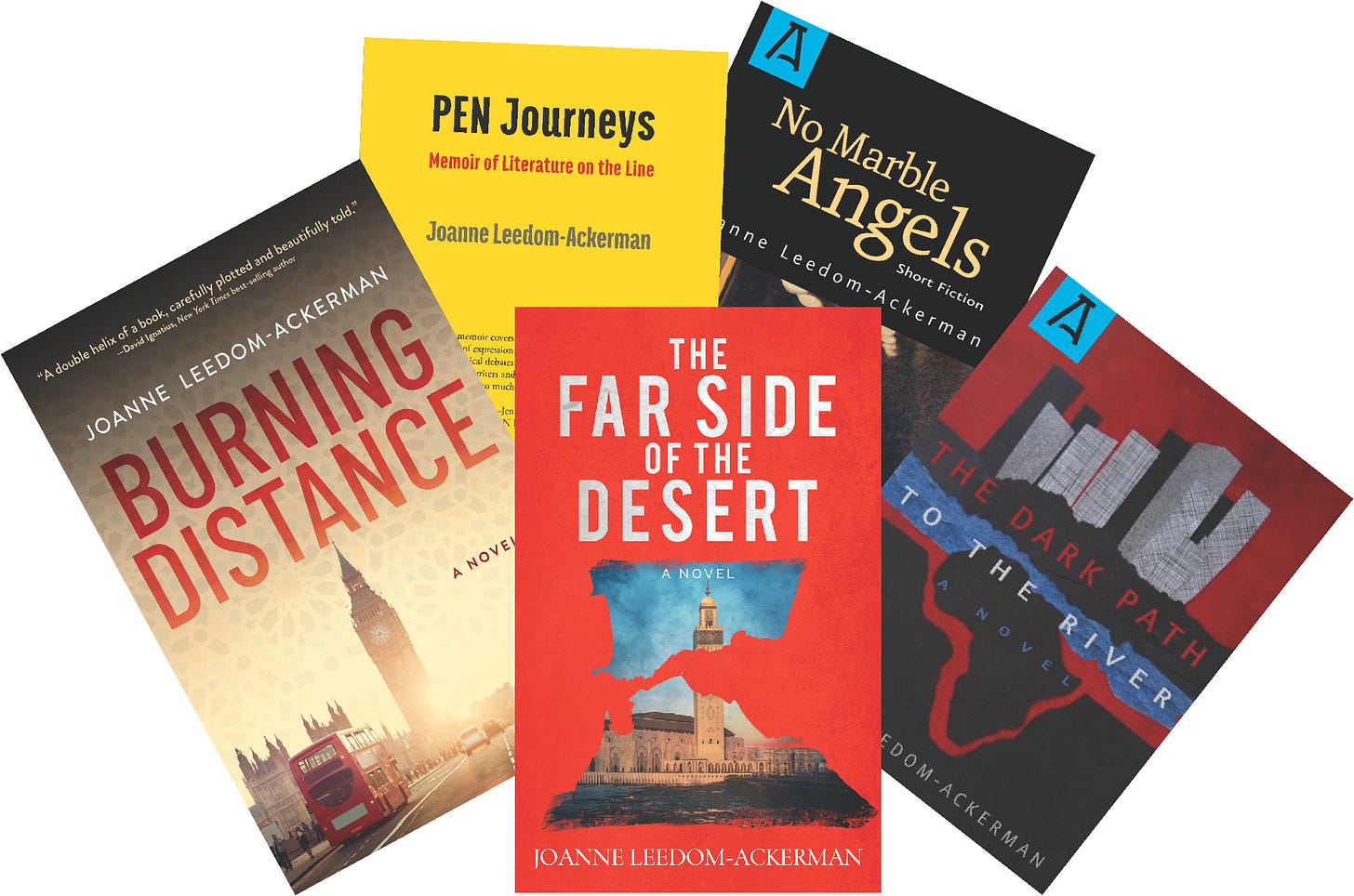
Thank you, Joanne. I always enjoy first listening and then reading your posts.
This post, including comments from Martin Luther King in the Birmingham Jail, supports the possibility of expressing kindness…in every situation. I appreciate the reminder. Thank you!
Thank you Joanne.